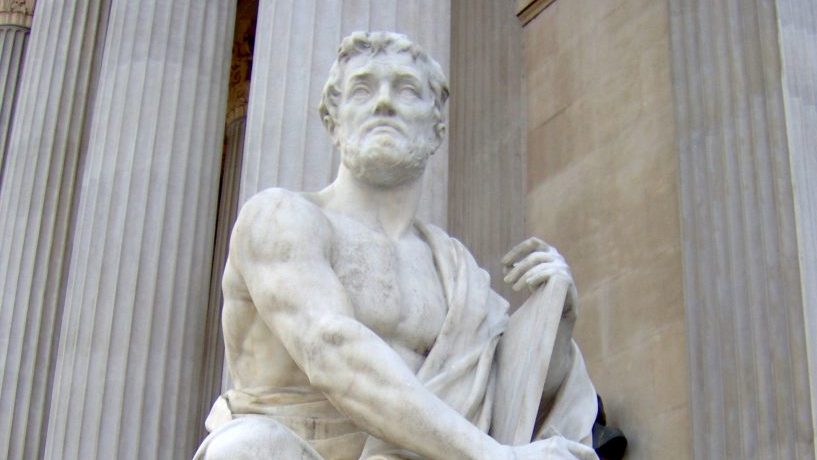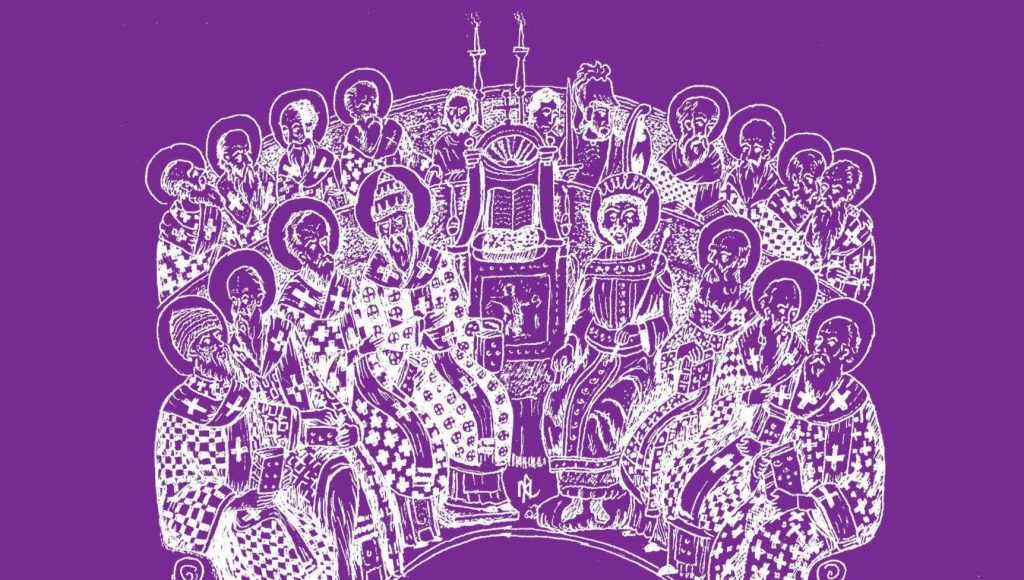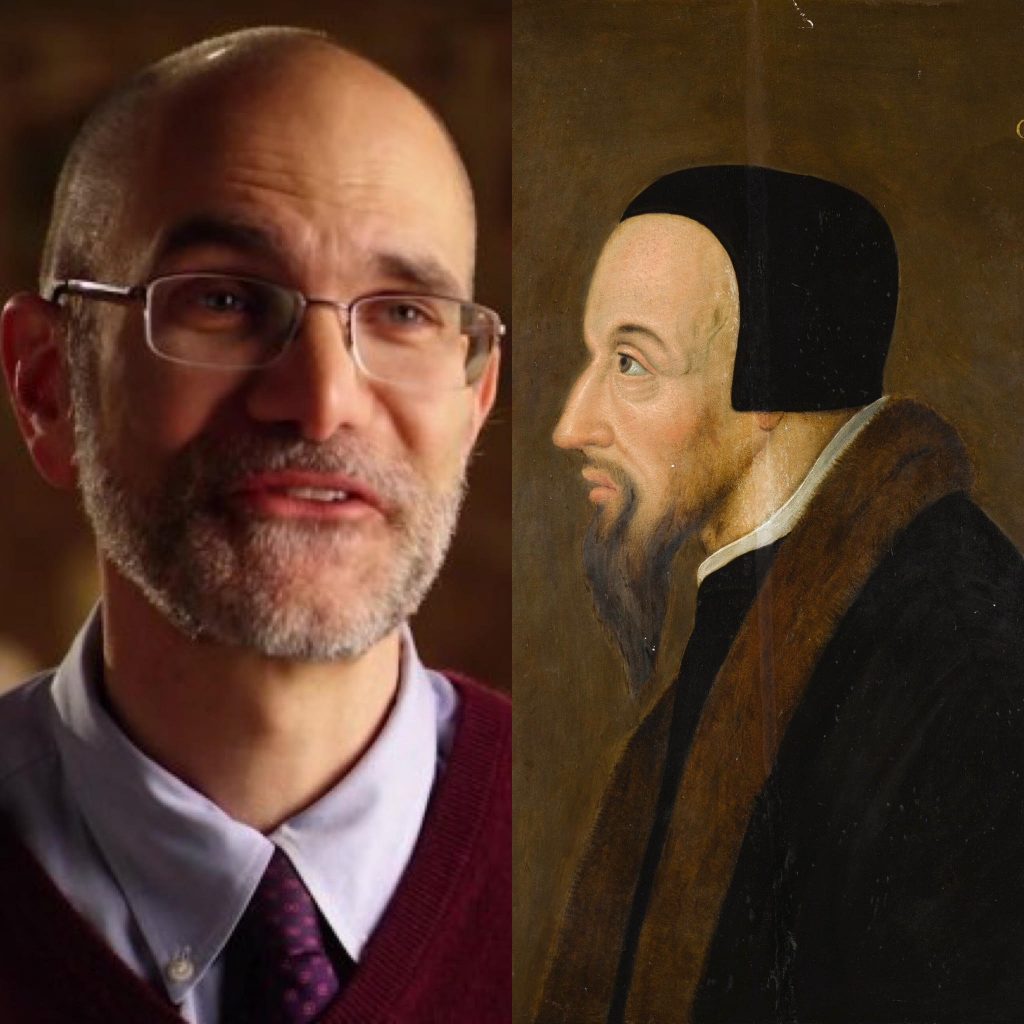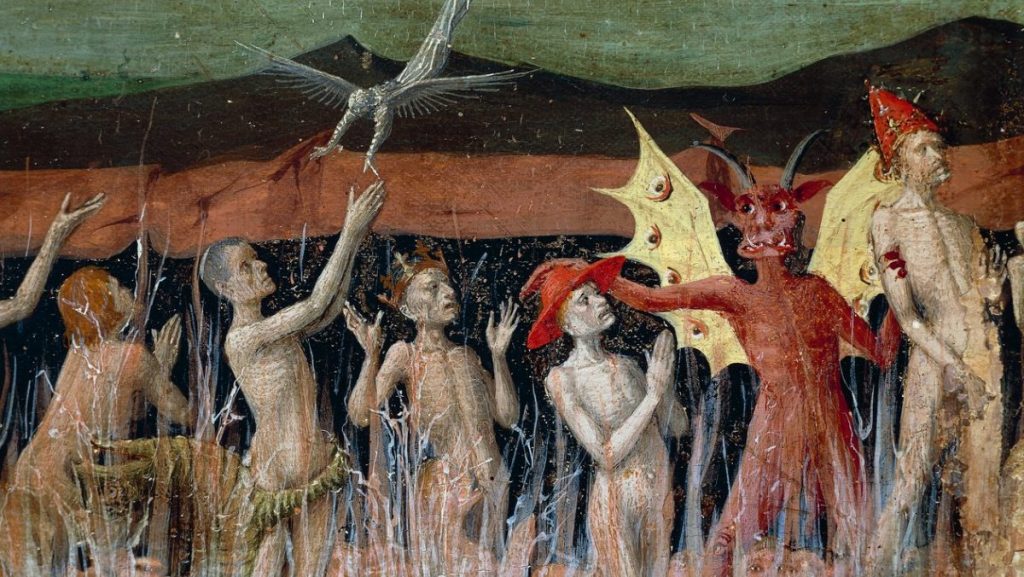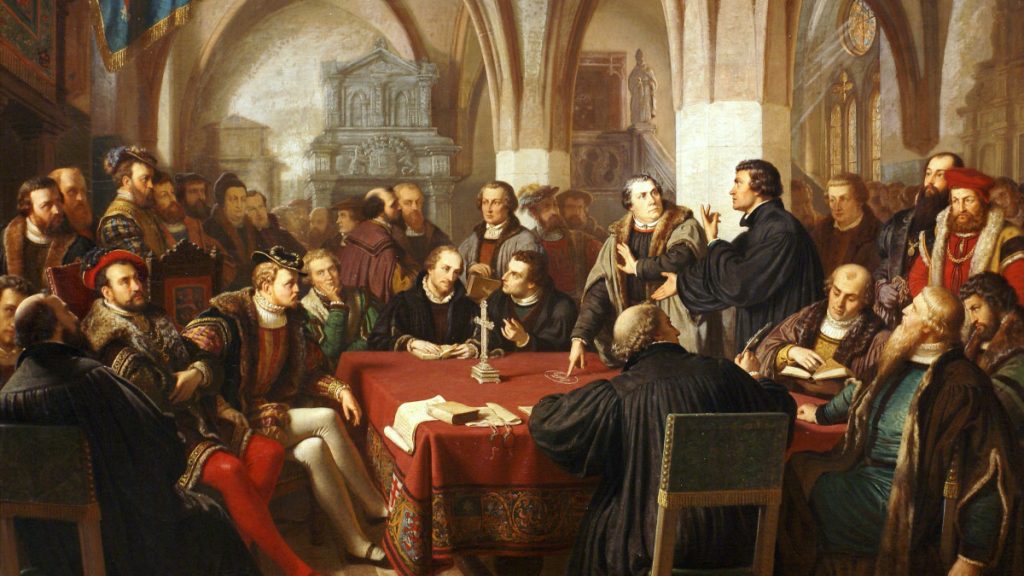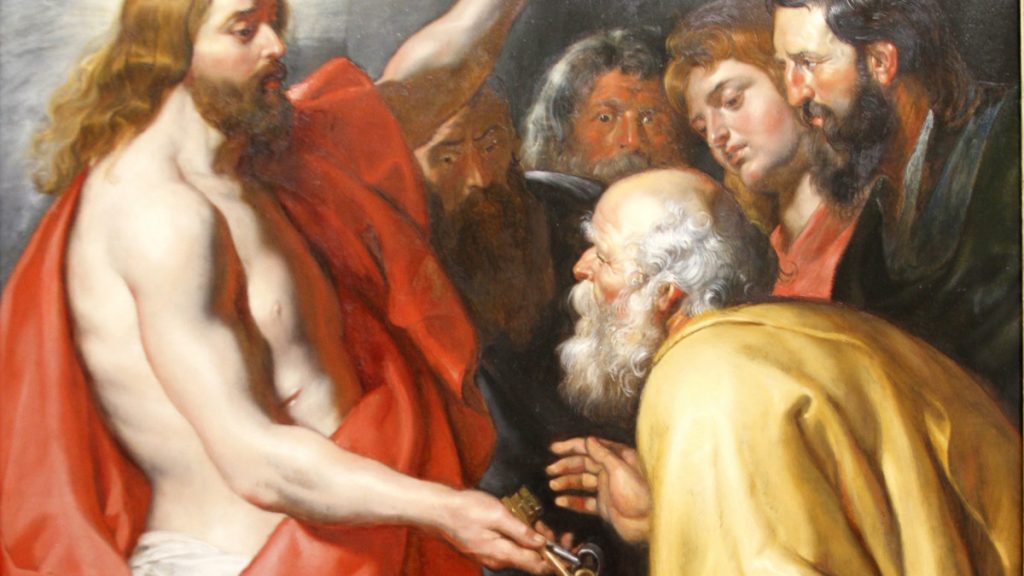(Updated June 24, 2025)
Tacitus (56-c. 120) was a Roman historian, public official, and orator. He is famous for writing works such as Germania, History, and Annals.
Next to each quote are the Topic Quote Archives in which they are included.
This Quote Archive is being continuously updated as research continues. Quotes marked with “***” have not yet been organized into their respective Topic Quote Archives.
Books
The Histories
(Book 5, §§4-5)1
(§4) In order to strengthen the bond with his people in the future, Moses prescribed for them novel religious rites which were quite different from those practiced by other mortals. Among the Jews everything that we hold sacred is regarded as sacrilegious; on the other hand, they allow things which we consider immoral. In the innermost part of the Temple, they dedicate an image of the animal who had guided them and ended their wandering and thirst, after sacrificing a ram…They also offer up bulls, because the Egyptians worship that animal as Apis. They abstain from eating pork in memory of their adversities, as they themselves were once infected with the disease to which this creature is subject. They still fast frequently as an acknowledgement of the hunger they once endured for so long, and as a symbol of their hurried meal, Jewish bread is unleavened.
(§5) The other practices of the Jews are sinister and revolting, and have entrenched themselves by their degeneracy. All the worst types abandoned the religious practices of their forefathers…246 | 247 They have introduced the practice of circumcision to show that they are different from others. Converts to Judaism adopt the same practices, and the very first lesson they learn is to despise the gods, shed all feelings of patriotism and consider parents, children and brothers as expendable. However, they take trouble to make sure that their numbers increase…Whereas the Egyptians worship a variety of animals and half-human, half-bestial forms, the Jews believe that there is just one divine power which exists only in spiritual form. They regard it as sinful to make idols of gods in human form from perishable materials; that most lofty and eternal god of theirs cannot be portrayed by human hands and will never pass away. Therefore they do not set up effigies of him even in their cities, still less in their temple, and they do not use statues to flatter their kings nor to honor the Roman emperors.
The Annals of Imperial Rome
(Part 2, Book 15)2
But neither human resources, nor imperial munificence, nor appeasement of the gods, eliminated sinister suspicions that the fire [of Rome] had been instigated. To suppress this rumor, Nero fabricated scapegoats—and punished with every refinement the notoriously depraved Christians (as they were popularly called). Their originator, Christ, had been executed in Tiberius’ reign by the governor of Judaea, Pontius Pilatus. But in spite of this temporary setback the deadly superstition had broken out afresh, not only in Judaea (where the mischief had started) but even in Rome. All degraded and shameful practices collect and flourish in the capital.
First, Nero had self-acknowledged Christians arrested. Then, on their information, large numbers of others were condemned—not so much for incendiarism as for their anti-social tendencies. Their deaths were made farcical. Dressed in wild animals’ skins, they were torn to pieces by dogs, or crucified, or made into torches to be ignited after dark as substitutes for daylight. Nero provided his Gardens for the spectacle, and exhibited displays in the Circus, at which he mingled 365 | 366 with the crowd—or stood in a chariot, dressed as a charioteer. Despite their guilt as Christians, and the ruthless punishment it deserved, the victims were pitied. For it was felt that they were being sacrificed to one man’s brutality rather than to the national interest.
